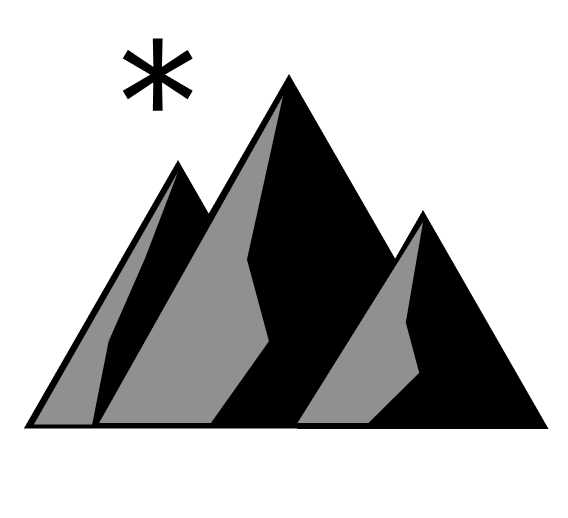A quick look into the work of a Lead Designer on a digital product.
I've meant to write a bit more about a lead designer's role, and with my Leading Design talk coming up, I think it's time to share a bit of context. This quick post is for the folks who will be watching me deliver said talk and anyone interested in what it's like to be a leader on the individual contributor (IC) track.
So, as tricky as I think this is likely to be, I wanted to try to give you an idea of what I believe a "lead" or "staff" designer does and how that might be different to, say, a senior designer. In my mind, it's that Senior -> Lead jump that signals a fairly significant change in one's career. Probably as much, but in a different way, to someone moving from IC into management.
So what does the day-to-day of an IC leader look like? What kind of work does a Lead (or Staff) Designer do? How is it different, both in terms of IC and in terms of management? I'll try and give you a quick idea of what my workdays are like, as I think it might be fairly typical.
Well, as you might guess, it's a bit of a messy, mixed bag. Mostly of goodies, though.
How is IC different from management? And what’s the day-to-day?
A lead is usually the one on the hook for outcomes of larger streams of work or focus areas. There are as many ways it can go as there are designers who advance in their careers. One of the things I'll cover in my talk is how we might better accommodate the many varied paths and skillsets that come with growth. In my experience—and my primary focus—most of the day-to-day effort falls in the place where the buck ultimately stops when it comes to user's experience for the streams I'm working on.
In the past, this has been for a specific product. But it could be a specific feature, vertical or focus area, depending on a variety of factors. Currently, my purview is a program of work that runs cross-product and within several different cross-functional groups.
I'm working on metrics, insights, and data visualizations, but I'm not limited to a particular product or stream. I've been in this specific role since before it there was a program of work, and I'm, at the moment, the only designer in a leadership position that works directly for the program. As well, we don't yet have a manager role for the program, so in my leadership capacity, I do a lot of what a manager would do without all of the people management responsibilities. Nobody reports directly to me, but I lead a variety of people across streams of work.
I think this is a pretty common scenario for leads; you might be in a spot where you're a solo designer or working with folks from many teams, doing both the day-to-day design work and all the things a manager might do outside of the "people" aspect. I attend many meetings, do a lot of mentoring, and represent design to cross-functional team members.
So my weeks are often relatively evenly split between "leadership" things like alignment and strategy meetings on one side and tactical product design work on the other. I do anything and everything from design explorations to supporting research to pairing with developers to get things implemented.
The most significant difference between a Lead/Staff and a Senior is the circle of influence. A lead's influence and areas of responsibility are likely to be wider (more people) and deeper (more responsibility). That will also like grow as you get on in your career.
For those looking to take a step, making a move into leadership without going down the management track can be tricky, and it's something we need to work on as an industry. Growing as an IC can be very rewarding; it's just a bit of a tough spot for many in the industry right now. We've got the scale, I think many organizations have the business need, and we've got people wanting to make that leap. What we're missing is the structure and the systems to support everyone and their growth quite yet. It’s a tough problem. But we'll get there.
🗣️A quick shout-out and caveat around growth. Wilson Minor recently shared some brilliant thinking on this and has some terrific insight into the subject, as well as the role of an IC in general. If you've made it this far and are still with me, you should read the interview. One of the things he points out is that it should be ok to "just hold where you are."
I 100% agree with this and can relate. I think we put too much emphasis on constant and unrelenting growth and feel like, especially later in your career, sometimes the best value you can bring to your work is by settling in and just being really fucking good at what you do. We need to normalize and embrace just doing consistently good work.
If this tickled your brain or are interested in learning more about the shift into leadership on the IC track and how we might make that better, please, check out my talk if you can and/or follow this space for more on that subject.
